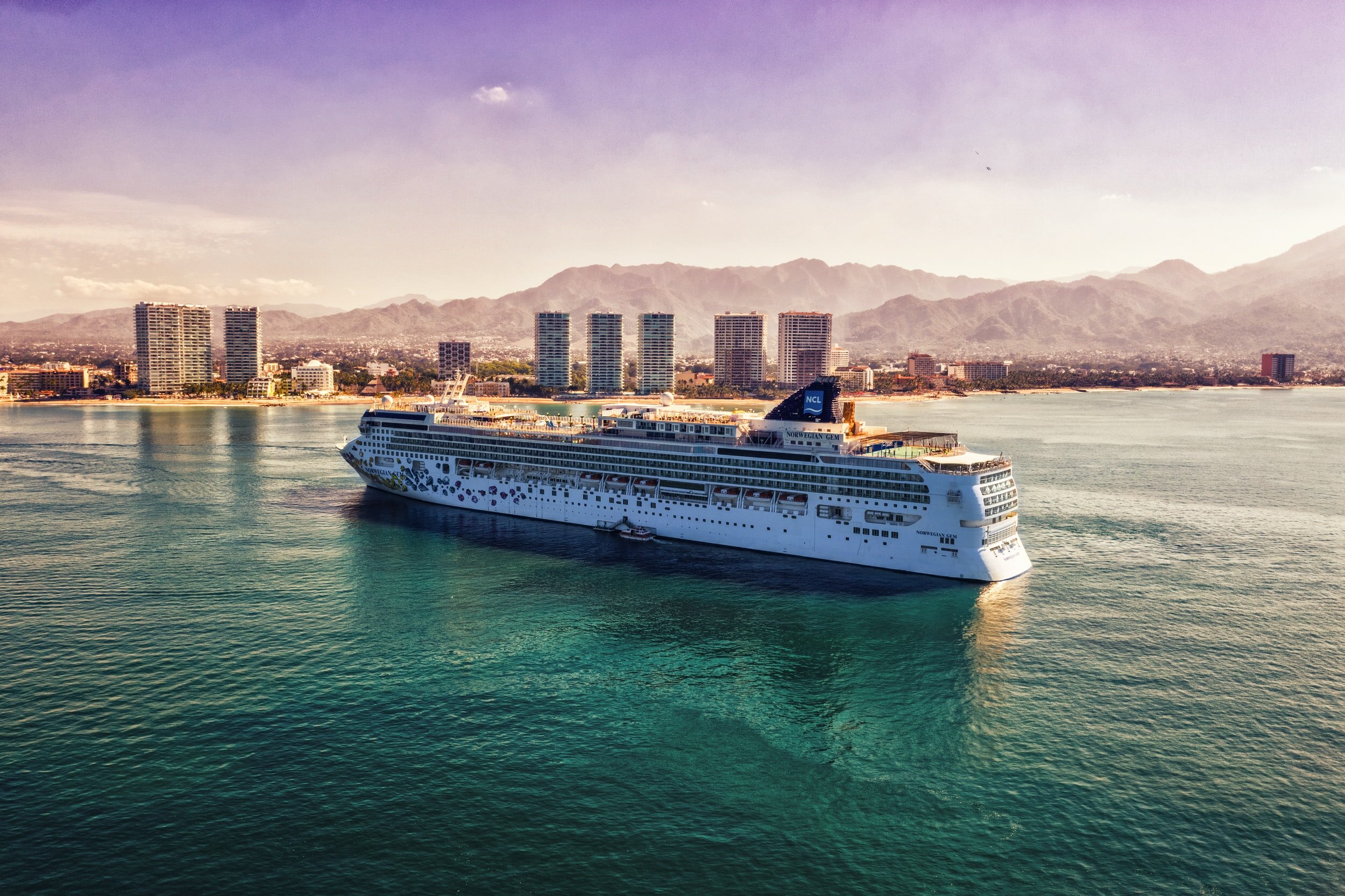
Case Summaries
Rhine Shipping DMCC v Vitol SA [2023] EWHC 1265 – 26 May 2023 (Simon Birt KC)
Rhine as Disponent Owners voyage chartered a vessel to Vitol. Third parties arrested Rhine’s bunkers and property on board at the first load port. In the ensuing delay, claimed Vitol, the price payable by them for the second load port cargo increased, causing them loss of some USD3.7m, for which they sought damages. The Court found Rhine in breach of the CP warranty: “…Vessel, Owners….disponent owners are free of any encumbrances….that may affect performance…”; and that the “Third Party Arrest” clause: “…in the event of arrest…levied against the vessel….Owner shall indemnify Charterer for any damages…” was activated. In awarding Vitol the damages sought, the Court ruled that price fluctuation was within the contemplation of the parties and that in any event the rules of remoteness did not apply to the indemnity.
Fimbank Plc v KCH Shipping Co., Ltd [2023] EWCA Civ 569– 24 May 2023 (Males LJ, Popplewell LJ, Nugee LJ)
The CA upheld the first instance judgment that the claims against the carrier for misdelivery were time-barred by Art. III r.6 of the Hague Visby Rules as they were brought more than one year after cargo discharge. The CA found that both the language and purpose of the rule and the travaux préparatoires of the convention make it clear that it applies even when misdelivery occurs after completion of discharge. Nor did the CA accept that Congenbill clause 2(c) disapplied the rule: if the carrier remains liable after discharge, there would be no reason to exclude the time-bar defence.
Jalla & Anor v Shell International Trading and Shipping Co Ltd & Anor [2023] UKSC 16 – 10 May 2023 (Reed LJ, Briggs LJ, Kitchin LJ, Sales LJ, Burrows LJ)
Following a major oil spill off the Nigerian coast in 2011, land owners claimed in private nuisance for damage to their land, alleging that as the oil remained uncleaned, the nuisance was ongoing and the limitation period re-started daily. Confirming the Courts below, the Supreme Court ruled that the spill was a single event, and the tort was complete once the oil impacted the Claimants' land. The Claimants' argument was rejected as it would undermine the law on limitation by extending the time bar indefinitely.
Unicredit Bank AG v Euronav NV [2023] EWCA Civ 47 – 4 May 2023 (Asplin LJ, Popplewell LJ, Falk LJ)
Unicredit financed the sale of a cargo of LSFO by BP to Gulf. BP chartered the vessel from Euronav but further to a novation agreement, Gulf became charterer in BP’s place. Euronav thereafter delivered the cargo to Gulf without production of the b/l, which had not by then been endorsed to Unicredit by BP. Being unpaid by Gulf, the Bank claimed against Euronav for breach of the contract of carriage. The CA disagreed with the Court below that the b/l remained a mere receipt following novation. However, it agreed that Euronav’s breach was not causative of the loss, as on the evidence, the Bank would in any event have ordered delivery to Gulf. The Bank’s appeal was dismissed.
Quadra Commodities S.A. v XL Insurance Company SE and Others [2023] EWCA Civ 432 – 21 April 2023 (Sir Julian Flaux LJ, Popplewell LJ, Snowden LJ)
Quadra claimed that grain cargoes it purchased, stored in silos, were fraudulently misappropriated by sellers and sought reimbursement under its marine cargo policy. The CA confirmed the Court below, ruling that, despite the goods being unascertained, there was nonetheless an insurable interest, engaging XL's liability to Quadra.
Ixom Operations Pty Ltd v Blue One Shipping SA (The CS Onsan) [2023] FCAFC 25 – 7 March 2023 (Rares J, Derrington J and Stewart J)
To preserve the Hague-Visby Rules’ 1-year time bar, cargo Buyers obtained a time extension from Shipowners alone before pursuing claims against them – and Disponent Owners – for cargo contamination. Buyers pleaded that both Shipowners and Disponent Owners were estopped from denying that they were parties to the b/l because of the misrepresentation contained in the email granting the extension. The Full Court confirmed the first instance judgment that no claim could be made against Disponent Owners because of the time bar and against Shipowners because they were no party to the contract of carriage. No estoppel could be found because any representation should be clear and unambiguous, the subjective understanding of misrepresentee being irrelevant.